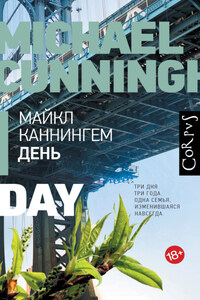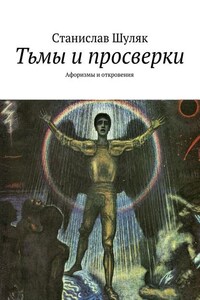âYou donât know a thing about it!â
Christina spoke in anger and disappointment, but Duert answered her smoothly.
âOh, but I do. I was standing at my window yesterday when you saw Adam leaving with that woman.â He added with curious intentness, âAnd why should you be so sure he doesnât love you just because he was taking out a girl he has known for years?â
Christina smiled sadly. âHe told me he was going back on duty. He lied.â She said, suddenly fierce, âOh, why canât you just leave me alone? How could you possibly understand? You donât know what it is to love someone!â
He gave her a quick look from under half-shut lids. âIâm sorry you think that,â he said, âbut I wonât say any more about it now.â His words seemed loaded with meaning Christina couldnât understandâ¦.
Romance readers around the world were sad to note the passing of Betty Neels in June 2001. Her career spanned thirty years, and she continued to write into her ninetieth year. To her millions of fans, Betty epitomized the romance writer, and yet she began writing almost by accident. She had retired from nursing, but her inquiring mind still sought stimulation. Her new career was born when she heard a lady in her local library bemoaning the lack of good romance novels. Bettyâs first book, Sister Peters in Amsterdam, was published in 1969, and she eventually completed 134 books. Her novels offer a reassuring warmth that was very much a part of her own personality. She was a wonderful writer, and she will be greatly missed. Her spirit and genuine talent will live on in all her stories.
IT HAD BEEN raining heavily from a leaden sky, so that the late September afternoon was already settling into an early dusk. People were hurrying home from work, their faces for the most part ill-tempered, for the morning had been fine and umbrellas had seemed unnecessary. The bus queues were long, impatient to get home; surging to and fro to avoid the fine sprays of dirty water thrown up by the traffic. The girl who joined the queue outside St Athudâs Hospital sighed gently; if she hadnât been so late off duty, she would have missed the evening rush hour and been home by now; as it was the shops were already shut and she would have to change her plans for the evening meal. She frowned a little, debating the advantages of sausages over macaroni cheese. Sausages were quick of courseâ¦a sharp prod in her back reminded her that the queue was moving, but there were so many people ahead of her she had little chance of getting on the bus. Indeed, she was at the steps when the conductor came rattling down the stairs, bellowing âFull up!â and rang the bell. At the same time he saw her and swung her on board just as the bus pulled out.
âCor, Sister, almost left yer beâind,â he declared cheerfully. âYer should âave shoutedâ¦â
She smiled at him and shook her head. âThat was nice of you, Mr Collins. Howâs the chest?â
He handed out a few tickets before he answered her and she listened gravely, her fine grey eyes on his cheerful face. They were quite beautiful eyes, heavily fringed with curling dark lashes, redeeming an ordinary face from plainness, for her mouth, though sweetly curved, was too wide and her nose tiptilted, and her light brown hair was drawn back too severely from her face, although the damp air had allowed one or two curling tendrils to escape. But the conductor could see no fault in her. When he had been stricken with asthma, unable to breathe and scared to death, it had been she who had been ready with the ephedrine when the wheezing started, and if it grew worse, the aminophyline injections, and she who had calmed him down, assured him that he wasnât going to die, restored his cheerful Cockney humour. He thought of her as an angel and good looks didnât come into it.
He went on down the bus presently, leaving her standing crushed against the door with an over-large woman flattening her on the other side, a circumstance so common to her that she hardly noticed. She was a serene young woman with plenty of common sense and while not quite content with her lot, prepared to accept itâindeed, she had reminded herself on several occasions, she hadnât much choice. She was twenty-seven, and while not exactly unkissed, certainly unwed and as far as she could see, likely to remain so.
Her journey was a short one. She got off at a busy junction and turned into a road of mid-Victorian houses, their uniformity broken here and there by a shop and occasionally by a small block of modern flats. It was a depressing road, still respectable and reasonably quiet, but she had never quite got used to it. At the end of the second terrace of houses there was a crossroads and she turned into the left-hand road, to stop a few doors down before a house which was rather better maintained than its neighbours and whose door bore a brass plate with âDoctor G. H. Forbesâ engraved upon it. It was still ajar, for although evening surgery was over the receptionist would be tidying up and getting things ready for the morning. The bleak little lobby opened on to a narrow hall carpeted in a useful brown and brightly lighted, showing a door on either side, shut, and one at the end, half open. She shut the door behind her and her brotherâs voice called: âChristina, Iâm in the study.â














